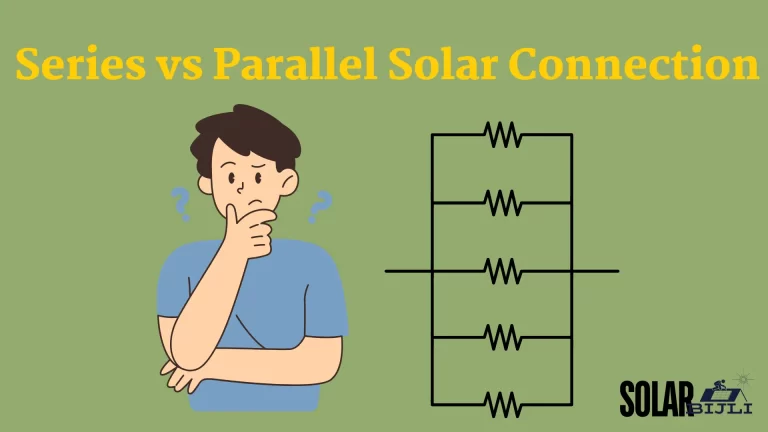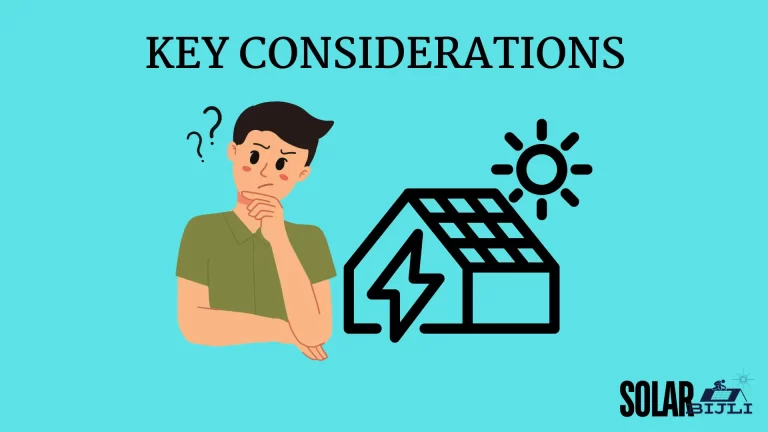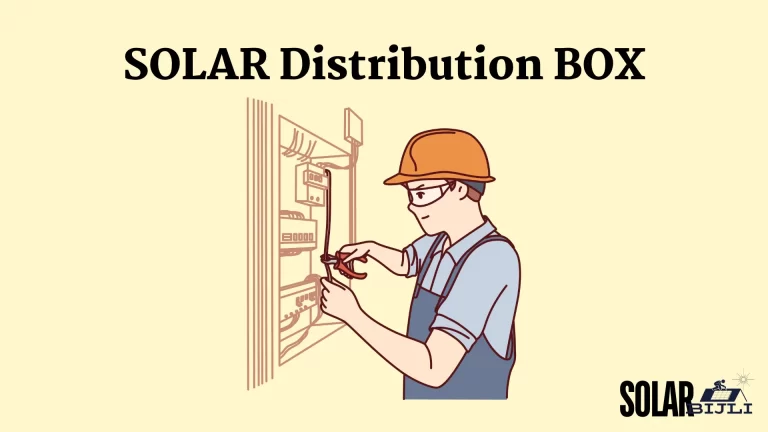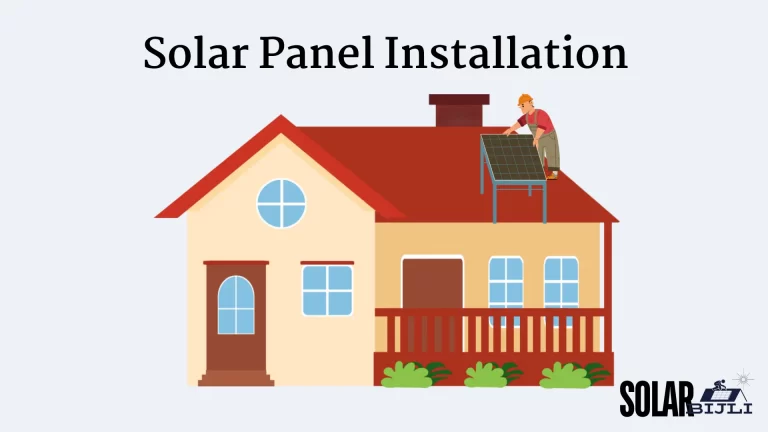Installing solar panels on your house is a costly and one time measure. Selecting right panels is the first step, which can make your decision Good or Bad. Choosing high-quality solar panels is super important because they last longer, work better, and save more money over time.
Now the Question is what is Tier 1 solar panel? How should I choose it? What is the difference in them? Which panel is best for Pakistan weather?
You have landed on a site which will answer all your queries. After going through this article, you will be absolutely clear in your decision. So let’s go and make your costly electrified house in to free electricity zone.
Difference Between Tier 1, Tier 2 and Tier 3 Solar Panels.
The ratings given to solar panels as “Tiers” are not based upon type of solar panels like monopoly, half-cut, thin-film. Neither are they based on wattage or quality of plates.
The tiers of Solar Plates are categorized on the bases of manufacturers reputation, production capacity, technology used and financial stability.
These ratings are based on the rating from different brands. The top of the line is the rating of Bloomberg’s finance department.
Tier 1 Solar Panels
- Manufacturer Reputation: Well-established companies, strong history in the industry (at least 5 years).
- Production Scale: Large-scale manufacturing with automated production lines.
- Innovation and R&D: Significant investment in research and development
- Efficiency and Performance: Higher efficiency rates, normally above 18 %.
- Durability and Warranty: Longer product and performance warranties- 25-30 years
- Certifications and Testing: Extensive testing and third party certification.
Tier 2 Solar Panels
- Manufacturer Reputation: Companies with some experience but less established than Tier 1.
- Production Scale: Smaller scale, less automation, leading to variability in quality.
- Innovation and R&D: Moderate investment in R&D.
- Efficiency and Performance: Moderate efficiency rates, generally between 16% and 18%. Normal performance in high-temperature conditions.
- Durability and Warranty: Decent warranties, usually between 10 to 20 years.
- Certifications and Testing: Compliance with international standards but with less comprehensive third-party testing.
Tier 3 Solar Panels
- Manufacturer Reputation: Produced by newer or smaller companies. Limited experience and financial instability.
- Production Scale: Small-scale production with minimal automation.
- Innovation and R&D: Low investment in R&D.
- Efficiency and Performance: Lower efficiency rates, usually below 16%. Performance drops significantly in high temperatures.
- Durability and Warranty: Shorter warranties, around 5 to 10 years.
- Certifications and Testing: Limited third-party testing and certification.
Comparison Tier 1 Panels with Others
| Feature | Tier 1 | Tier 2 | Tier 3 |
| Manufacturer Reputation | Well-established, financially robust | Moderately established, reasonable track record | Newer, smaller, less stable companies |
| Production Scale | Large-scale, automated | Medium-scale, less automation | Small-scale, minimal automation |
| Innovation and R&D | High investment, cutting-edge | Moderate investment, follows trends | Low investment, basic technology |
| Efficiency and Performance | >18%, superior temperature coefficient | 16-18%, acceptable temperature coefficient | <16%, poor temperature coefficient |
| Durability and Warranty | 25 years, strong financial backing | 10-20 years, less secure warranties | 5-10 years, unreliable warranties |
| Certifications and Testing | Extensive third-party testing, meets international standards | Compliance with standards, less comprehensive testing | Limited testing, may not meet standards |
Conclusion
Quality of solar panel is of utmost importance. It is directly related to output of panels and their life. Good quality solar panels may sound expensive initially, but when you compare them with life span, they are much cheaper. If your budget allows, always go for Tier 1 panels due to durability, quality and output of them. It’s a long term investment so spend accordingly.






